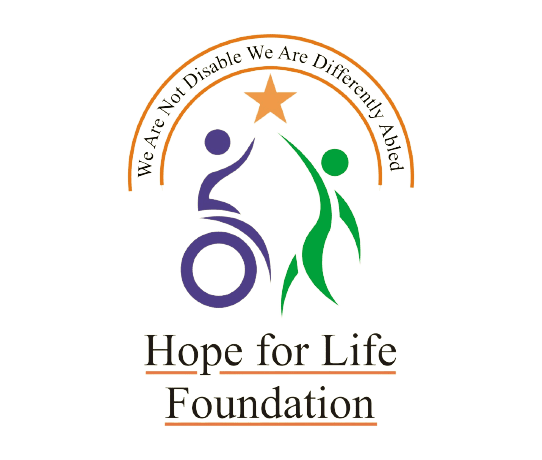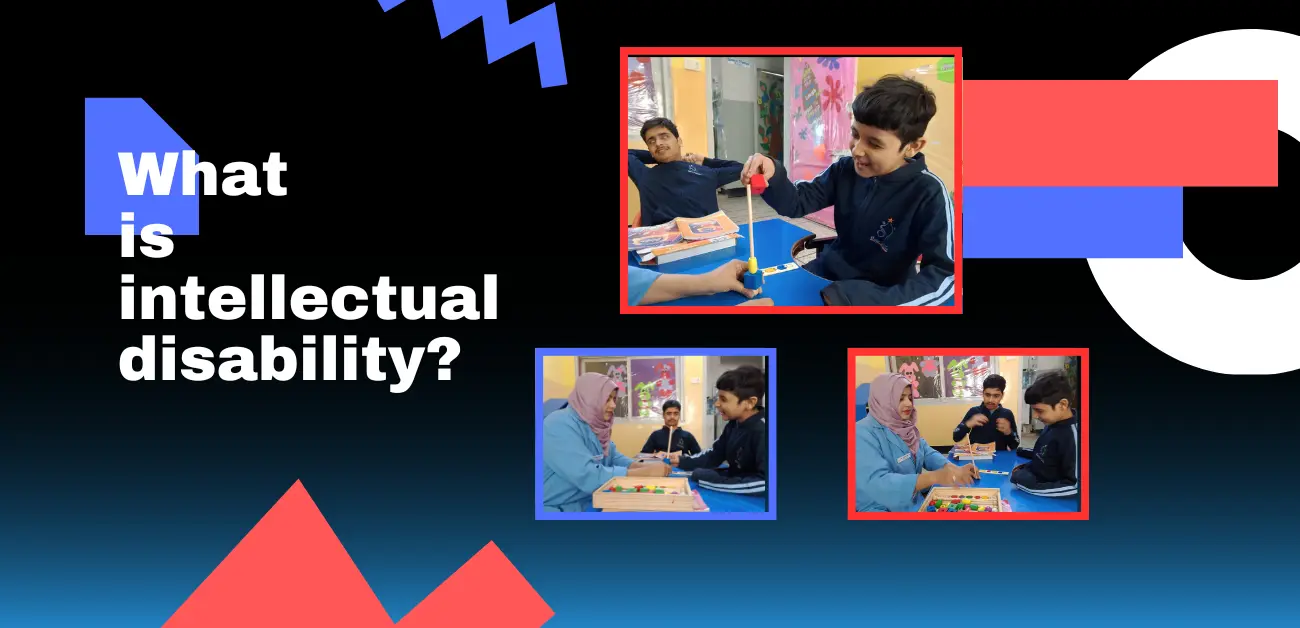Intellectual disability is a term used when there are limits to a person’s ability to learn at an expected level and function in daily life. Levels of intellectual disability vary greatly in children. Children with intellectual disability might have a hard time letting others know their wants and needs, and taking care of themselves. Intellectual disability could cause a child to learn and develop more slowly than other children of the same age. It could take longer for a child with intellectual disability to learn to speak, walk, dress, or eat without help, and they could have trouble learning in school. Intellectual disability can be caused by a problem that starts any time before a child turns 18 years old – even before birth. It can be caused by injury, disease, or a problem in the brain. For many children, the cause of their intellectual disability is not known. Some of the most commonly known causes of intellectual disability – like Down syndrome, fetal alcohol syndrome, fragile X syndrome, genetic conditions, birth defects, and infections – happen before birth. Others happen while a baby is being born or soon after birth. Still, other causes of intellectual disability do not occur until a child is older; these might include serious head injury, stroke, or certain infections.
Signs of intellectual disability
Usually, the more severe the degree of intellectual disability, the earlier the signs can be noticed. However, it might still be hard to tell how young children will be affected later in life.
There are many signs of intellectual disability. For example, children with intellectual disability may:
- sit up, crawl, or walk later than other children
- learn to talk later, or have trouble speaking
- find it hard to remember things
- have trouble understanding social rules
- have trouble seeing the results of their actions, have trouble solving problems.
Causes that can happen during birth include:
- Lack of oxygen (hypoxia).
- Premature birth.
Other types of brain injury during birth
Causes that can happen during early childhood include:
- Injuries or accidents.
- Toxic exposures.
- Infections
- measles or meningitis
- Tumors or growths in the brain..
- Medical conditions such as Seizures and various types of epilepsy, such as Lennox-Gastaut syndrome.
Conditions that can cause or happen along with intellectual disability include:
- Attention- deficit/ hyperactivity
disorder (ADHD) - Autism spectrum disorder.
- Impulse control disorders.
- Mood disorders, especially anxiety disorders and depression.
- Movement disorders.
Diagnosis
- To diagnose intellectual disability,
- An IQ test (a score of 70–75 may indicate intellectual disability)
- Interviews with the individual and others who have observed their adaptive functioning — that is, their conceptual, social, and practical functioning — such as family members or teachers
- whether or not someone has the skills necessary to live independently
- general medical tests
- neurological tests
- psychological tests
- special education tests
- hearing, speech, and vision tests
- physical therapy evaluations
- Intellectual disability tends to develop and cause noticeable symptoms before the age of 18 years.
Treatment and management
Dr. Sheharbano (Physiotherapist)
- Intellectual disability is a lifelong condition.
- Although there is currently no cure, most people can learn to improve their functioning over time. Receiving early, ongoing interventions can often improve functioning, thereby allowing someone to thrive.
- Most treatment plans for intellectual disability focus on the person’s:
- strengths
- needs
- support needed to function
- additional conditions
- Many services exist to help people with intellectual disability and their families get the support they need. Most of these services allow someone with intellectual disability to function normally in society.
- Someone’s diagnosis typically determines which services and protection of rights, such as special education or home or community services, they are eligible to receive under federal or national law.

